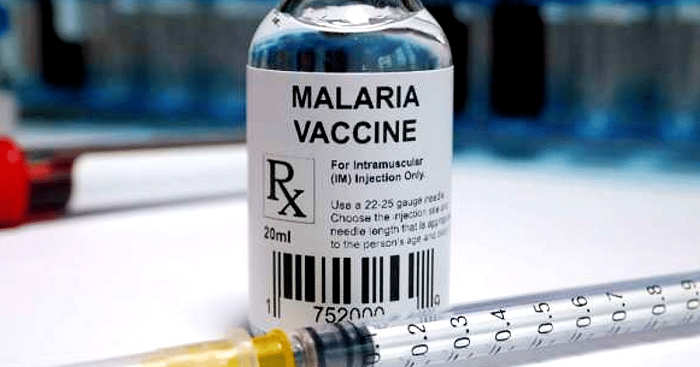In a significant stride towards combatting malaria, the World Health Organization (WHO) has recommended the use of the R21/Matrix-M malaria vaccine, developed collaboratively by the University of Oxford and the Serum Institute of India (SII). This development marks a crucial milestone in the ongoing efforts to address the impact of malaria, particularly in regions where the disease is endemic.
The Combined Efforts: Adar Poonawalla, CEO of Serum Institute of India, expressed gratitude for the achievement, emphasizing the joint efforts of both institutions. He highlighted the potential of the vaccine to save lives in malaria-stricken regions of Africa and acknowledged the WHO for its pivotal role in reaching this significant milestone.
Vaccine Recommendation by WHO: Following a comprehensive review by the WHO's independent advisory bodies, the Strategic Advisory Group of Experts (SAGE) and the Malaria Policy Advisory Group (MPAG), the R21/Matrix-M malaria vaccine has received a formal recommendation for use. The decision was based on extensive pre-clinical and clinical trial data, demonstrating the vaccine's safety and high efficacy in multiple countries with varying malaria transmission patterns.
Key Features of the R21/Matrix-M Malaria Vaccine:
1. World's Second WHO-Recommended Malaria Vaccine: The R21/Matrix-M vaccine is now the second WHO-recommended vaccine for preventing malaria in children. Its approval is a testament to its effectiveness and potential impact.
2. Global Licensing and Usage: The vaccine has been licensed for use in Ghana, Nigeria, and Burkina Faso, marking a crucial step in making this breakthrough technology accessible in regions heavily burdened by malaria.
3. Promising Clinical Trial Results: The Phase III clinical trial, encompassing 4,800 children across Burkina Faso, Kenya, Mali, and Tanzania, has shown promising results. The data is currently undergoing peer review before publication.
4. Collaborative Development: Developed by the Jenner Institute at Oxford University and Serum Institute of India, the vaccine's journey involved support from organizations such as the European and Developing Countries Clinical Trials Partnership ('EDCTP'), the Wellcome Trust, and the European Investment Bank ('EIB').
Potential Impact: The approval of the R21/Matrix-M malaria vaccine opens new doors in the fight against malaria, especially in regions where the disease poses a significant health threat. In combination with existing public health measures like insecticide-treated bed nets, this vaccine has the potential to save and improve the lives of millions of children and their families.
Next Steps: With the WHO recommendation in place, additional regulatory approvals are anticipated to follow suit. The Serum Institute of India anticipates that the vaccine doses could be ready for a wider rollout as early as the coming year.
The approval of the R21/Matrix-M malaria vaccine by the WHO signals a breakthrough in malaria prevention and underscores the significance of global collaborations in addressing pressing healthcare challenges. As the world eagerly awaits the wider deployment of this vaccine, its potential to make a substantial impact on malaria-related mortality becomes a ray of hope in the realm of global health

 Adar Poonawalla, CEO of Serum Institute of India, highlighted the potential of the vaccine to save lives in malaria-stricken regions of Africa and acknowledged the WHO for its pivotal role in reaching this significant milestone
Adar Poonawalla, CEO of Serum Institute of India, highlighted the potential of the vaccine to save lives in malaria-stricken regions of Africa and acknowledged the WHO for its pivotal role in reaching this significant milestone 










.jpeg)







.jpeg)

.jpg)










